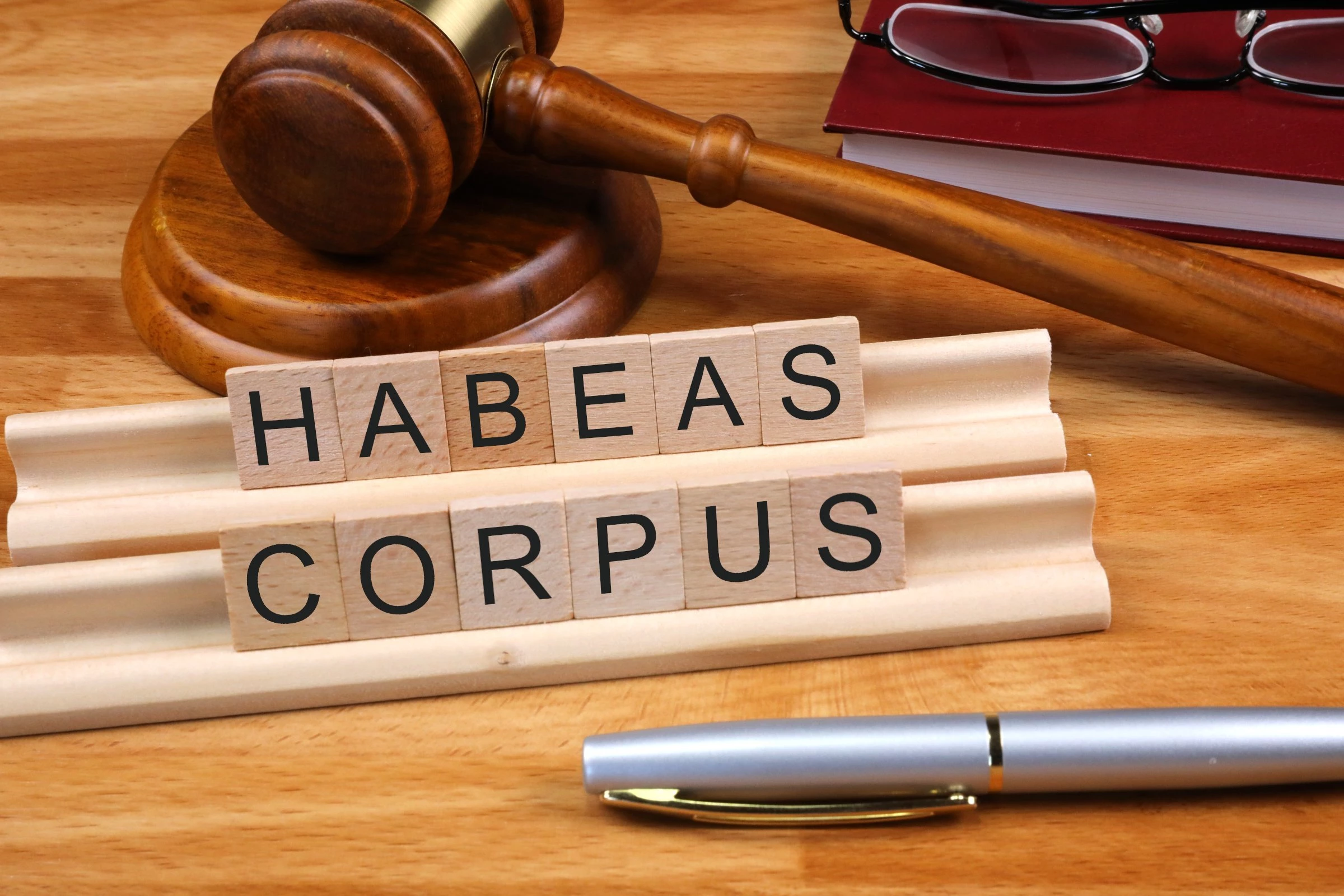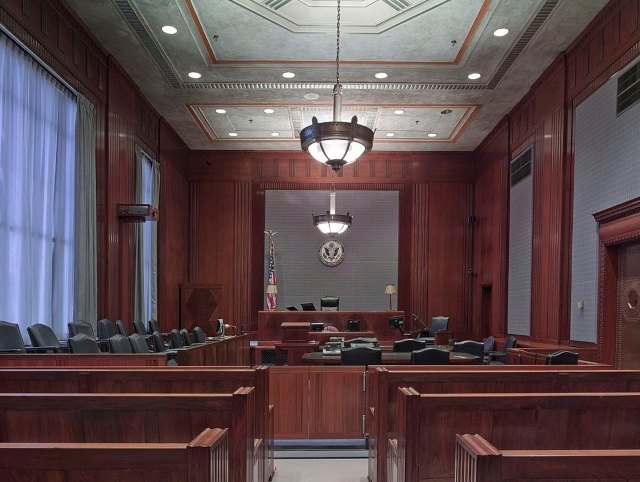Recognizing the Duty of a Post-Conviction Attorney in Seeking Justice After a Criminal Conviction
In the complex landscape of post-conviction lawful process, the function of a post-conviction lawyer is pivotal in browsing the course to justice after a criminal conviction. Beyond the boundaries of a trial, these attorneys take part in a diverse approach focused on revealing new proof, tough legal errors, and supporting for their clients' civil liberties. The ins and outs of post-conviction work call for a mix of legal acumen, investigatory skills, and strategic believing to untangle the intricacies of an instance and pursue methods that may have been ignored or underexplored. As the pursuit of justice expands past the boundaries of first procedures, the function of a post-conviction legal representative arises as a sign of wish for those seeking to fix oppressions and recover their rights within the lawful system.
Post-Conviction Attorney's Investigative Work
Post-conviction lawyers participate in careful investigative job to discover new proof, procedural mistakes, or misbehavior that could possibly result in rescinding a conviction. This investigatory stage is essential in the post-conviction procedure as it aims to recognize any type of overlooked information or legal mistakes that may have affected the outcome of the preliminary trial. Post-conviction lawyers explore instance data, witness testaments, and legal documents with a fine-tooth comb, looking for any inconsistencies or irregularities that might be premises for appeal.
Via comprehensive examination, post-conviction lawyers aim to clarify potential oppressions that might have occurred throughout the initial trial. They may perform interviews, seek advice from specialists, and testimonial forensic evidence to develop an engaging case for their clients. By inspecting every facet of the legal procedures, post-conviction lawyers function relentlessly to uncover any type of aspects that might have influenced the verdict. Eventually, their investigatory job plays a pivotal function in the quest of justice and the possible turnaround of wrongful convictions.
Crafting Appeals and Petitions
In the quest of justice after a conviction, competent legal representatives meticulously craft charms and requests to present compelling arguments for the reconsideration of legal decisions. Crafting appeals and petitions requires a deep understanding of the lawful system, focus to information, and critical reasoning. Post-conviction attorneys examine trial records, identify potential mistakes or offenses of legal rights, and establish legal arguments to test the sentence or sentence.
When crafting a charm, attorneys focus on highlighting legal mistakes that might have impacted the outcome of the case. They look into situation legislation, statutes, and lawful criteria to support their arguments. Applications, on the other hand, may entail providing new proof that was not readily available during the trial or showing modifications in the law that necessitate an evaluation of the conviction.
In addition, post-conviction legal representatives should follow rigorous procedural rules and due dates when filing allures and requests. They must provide their arguments plainly and persuasively to convince the court to provide relief to their customers. With meticulous crafting of charms and petitions, post-conviction attorneys strive to protect justice for individuals who have actually been wrongfully convicted or unjustly sentenced.

Seeking Post-Conviction Relief
Post-conviction alleviation encompasses an array of legal mechanisms developed to challenge the credibility of a conviction or sentence. Post-conviction legal representatives play a critical role in browsing these complex treatments, ensuring that all lawful options are discovered to correct oppressions that may have taken place during the test or sentencing phase.
One typical form of post-conviction relief is submitting a request for post-conviction alleviation, generally based upon cases of ineffective aid of counsel, prosecutorial misconduct, newly found evidence, or constitutional offenses. These applications call for an extensive analysis of the trial record, legal research study, and influential campaigning for to convince the court to approve relief. Experienced post-conviction attorneys have the skills pop over to this web-site and knowledge required to determine practical legal cases, conduct investigations, and existing engaging disagreements to safeguard relief for their clients. By faithfully seeking post-conviction alleviation, these lawyers aim to correct losing the unborn babies of justice and maintain the principles of fairness and due procedure in the criminal justice system (Attorney).
Utilizing Forensic Proof
When testing a sentence or sentence, the tactical usage of forensic proof can be a powerful tool in post-conviction lawful proceedings. Forensic proof includes a vast array of clinical techniques used to examine criminal offenses and establish facts in court. Post-conviction attorneys can take advantage of forensic proof to test the validity of sentences by presenting new scientific searchings for that were not available during the initial test.

Involving in Sentence Alterations
Post-conviction attorneys might discover the possibility of sentence alterations as a lawful avenue to address disproportionate or unfair sentences bied far in criminal cases. Sentence modifications involve looking for modifications to the terms of a defendant's sentence after a conviction has happened. These adjustments can consist of minimizing the length of a sentence, changing the kind of punishment imposed, or checking out alternate sentencing choices.
Post-conviction legal representatives can pursue sentence alterations via different lawful systems, such as submitting movements for sentence reduction, appealing for caring launch, or negotiating plea offers for reduced sentences. They need to carefully evaluate the conditions of the situation, examine the legal grounds for seeking a modification, and present engaging disagreements to the court sustaining the need for a modified sentence.
Taking part in sentence alterations calls for a detailed understanding of criminal regulation, sentencing standards, and the particular treatments associated with looking for post-conviction relief. Post-conviction legal representatives play a vital role in supporting for fair and just end results by difficult sentences that are unduly rough or do not line up with the concepts of justice.
Conclusion
In verdict, the role of a post-conviction attorney is crucial in seeking justice after a criminal sentence. Through investigative job, crafting appeals and requests, seeking post-conviction relief, using forensic proof, and taking part in sentence adjustments, these lawful specialists play an important function in supporting for their clients and making sure that their civil liberties are upheld within the criminal justice system. Their commitment and expertise are crucial in navigating the complexities of post-conviction procedures and accomplishing a reasonable end result for individuals facing criminal convictions.